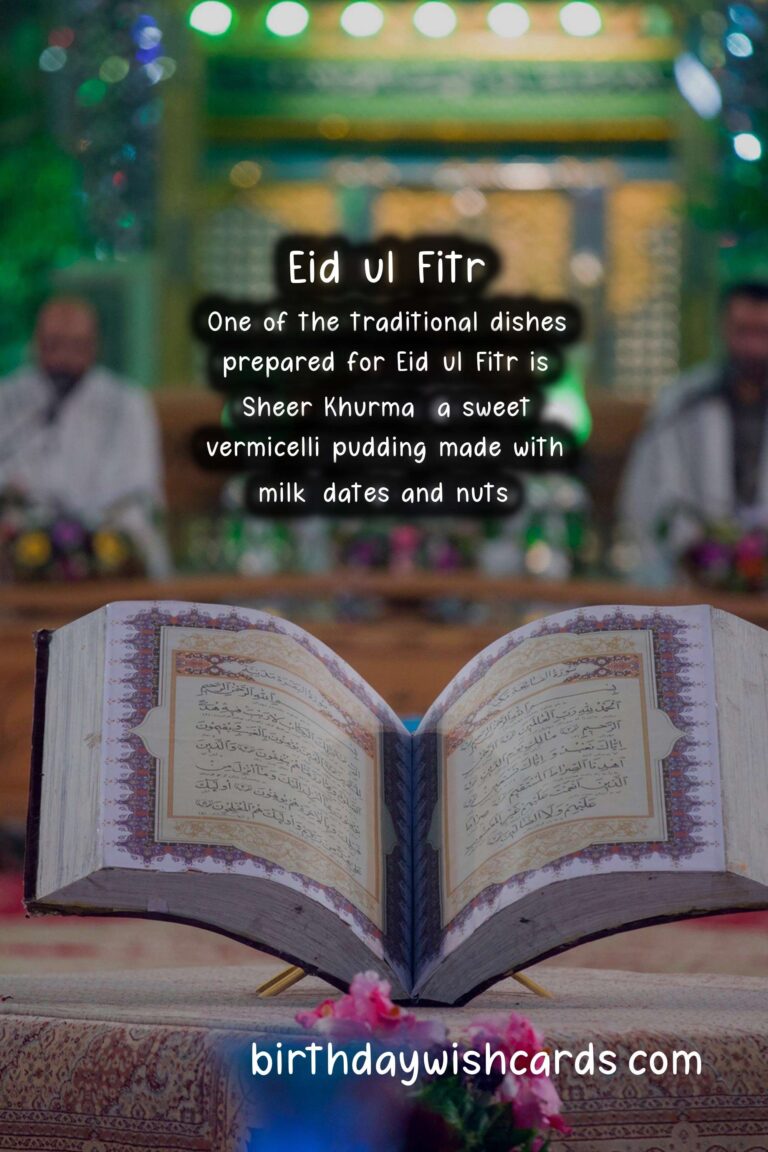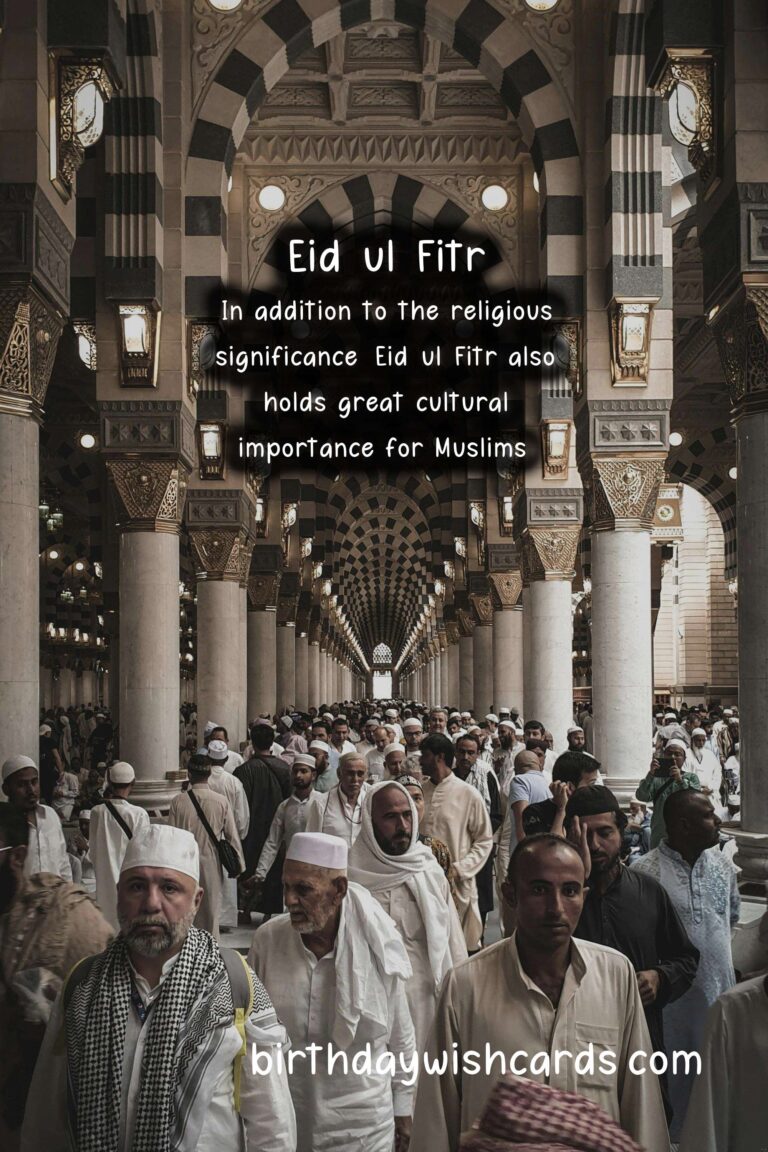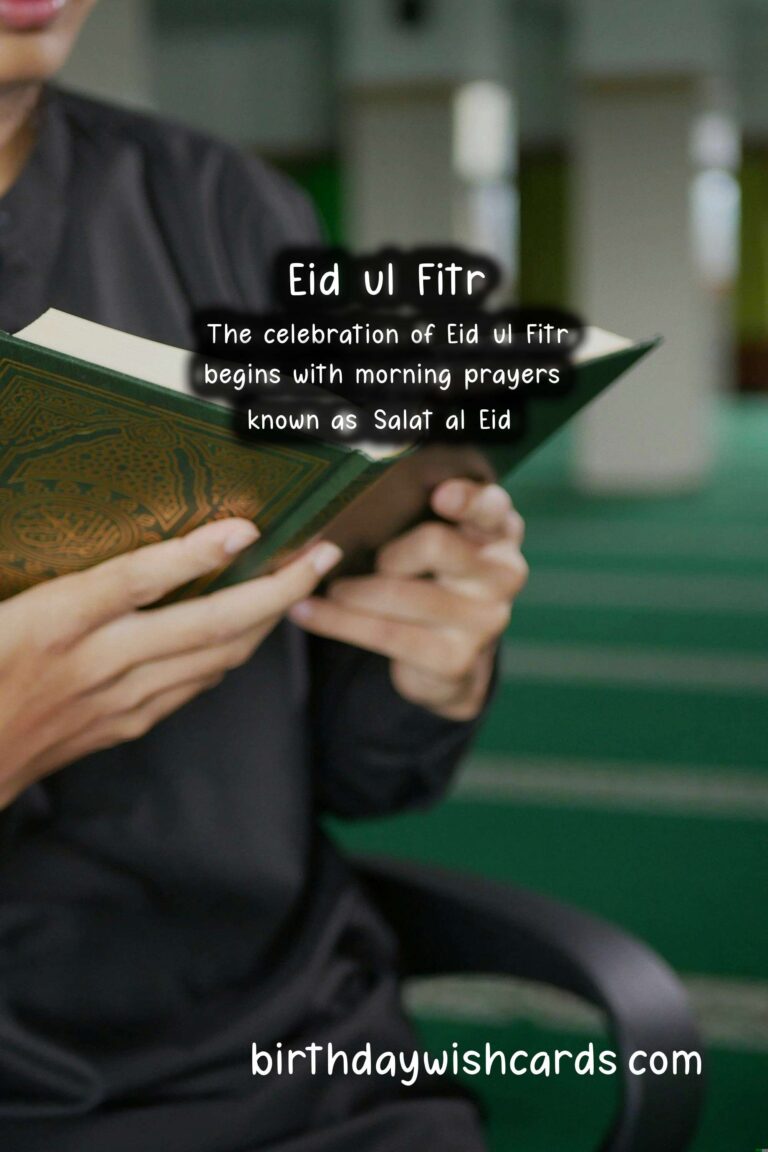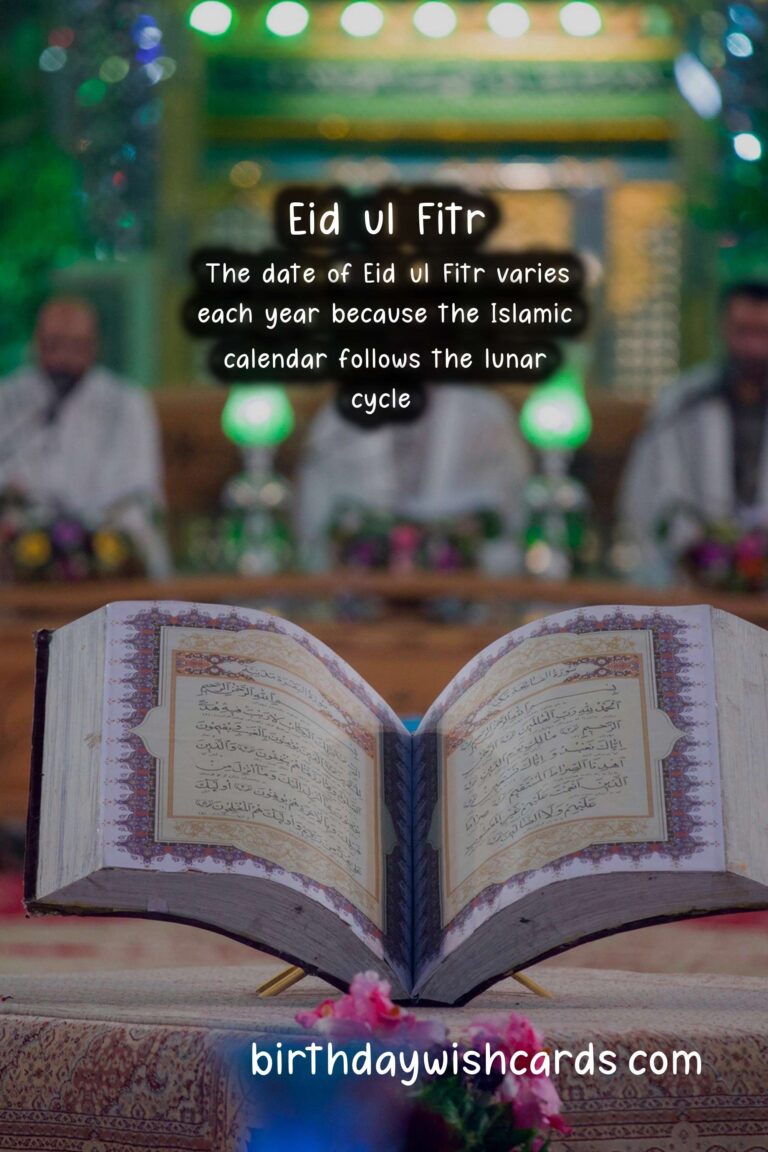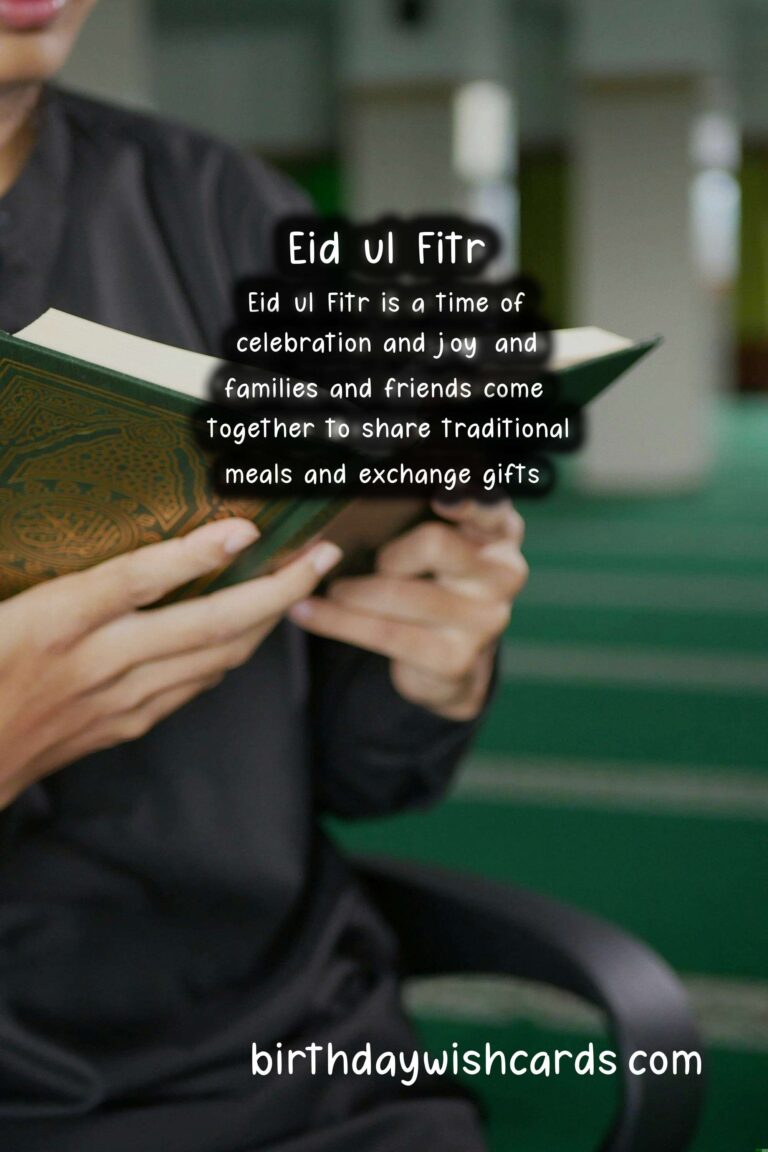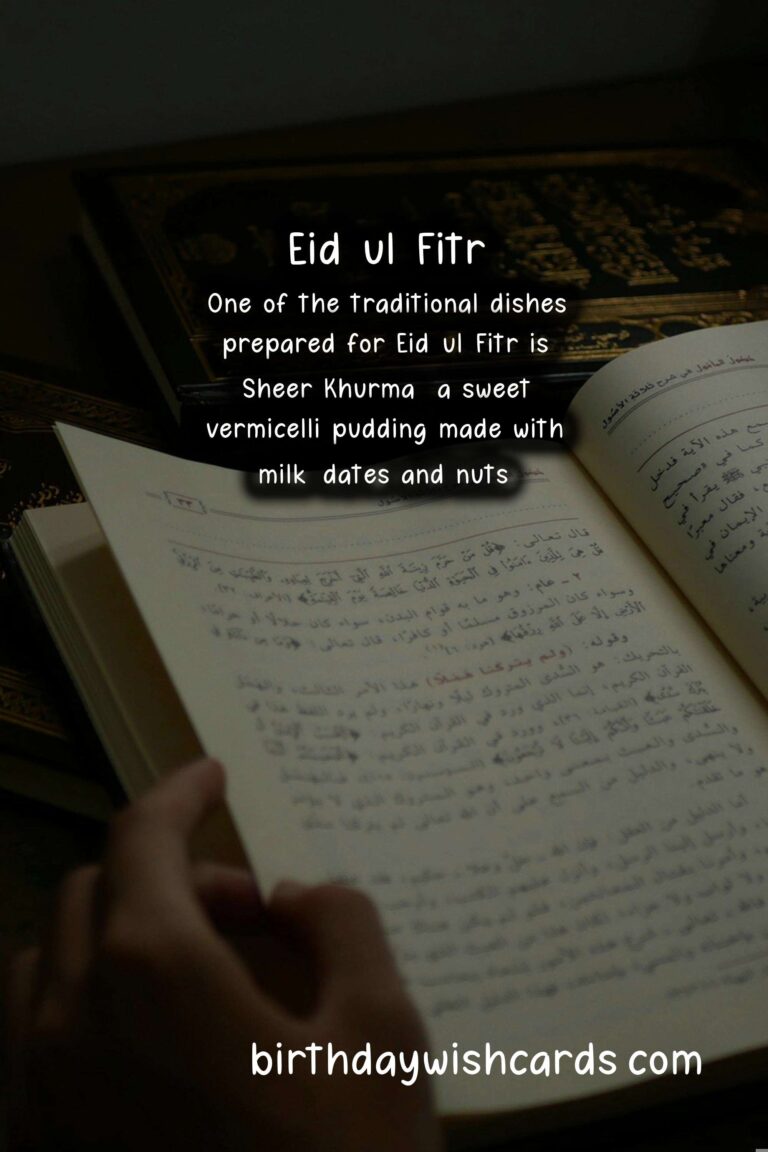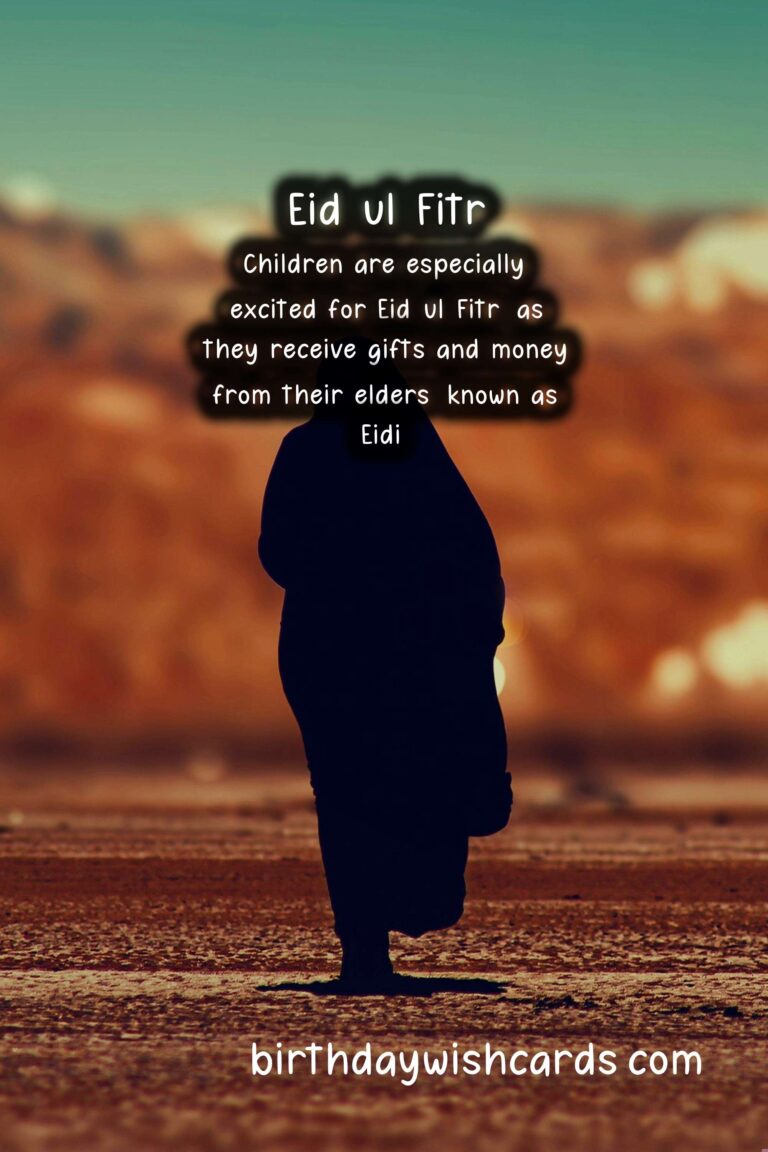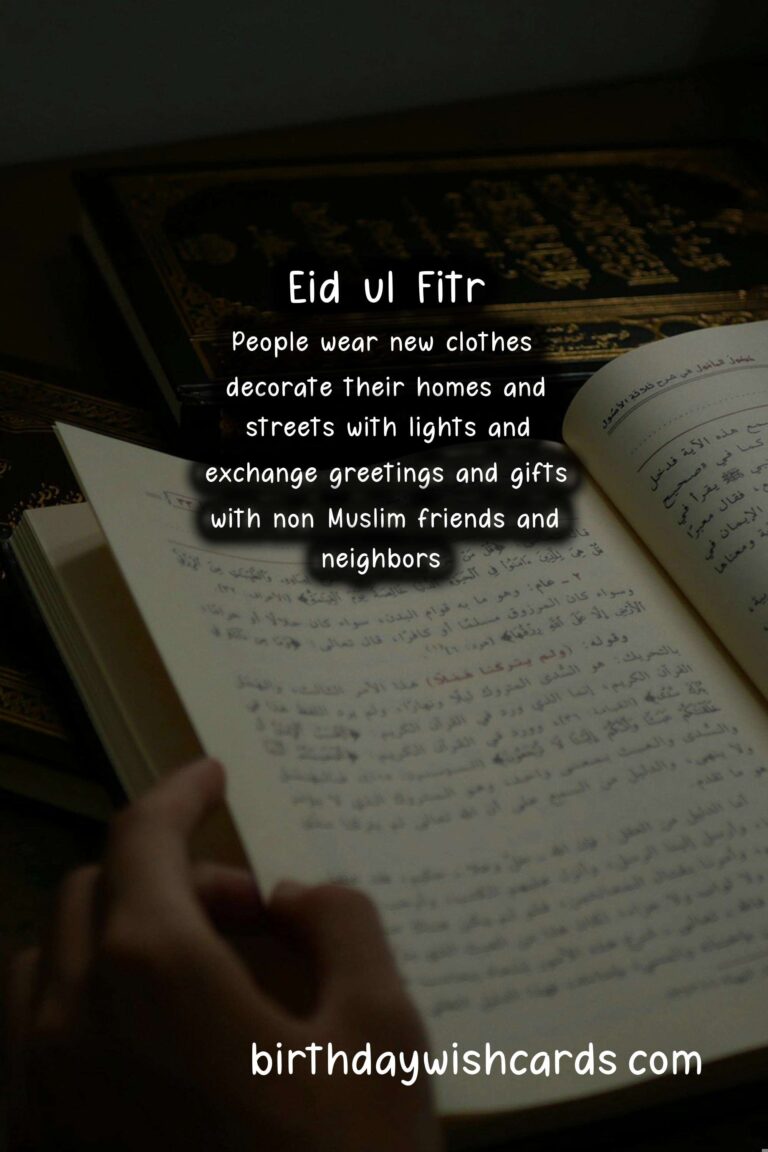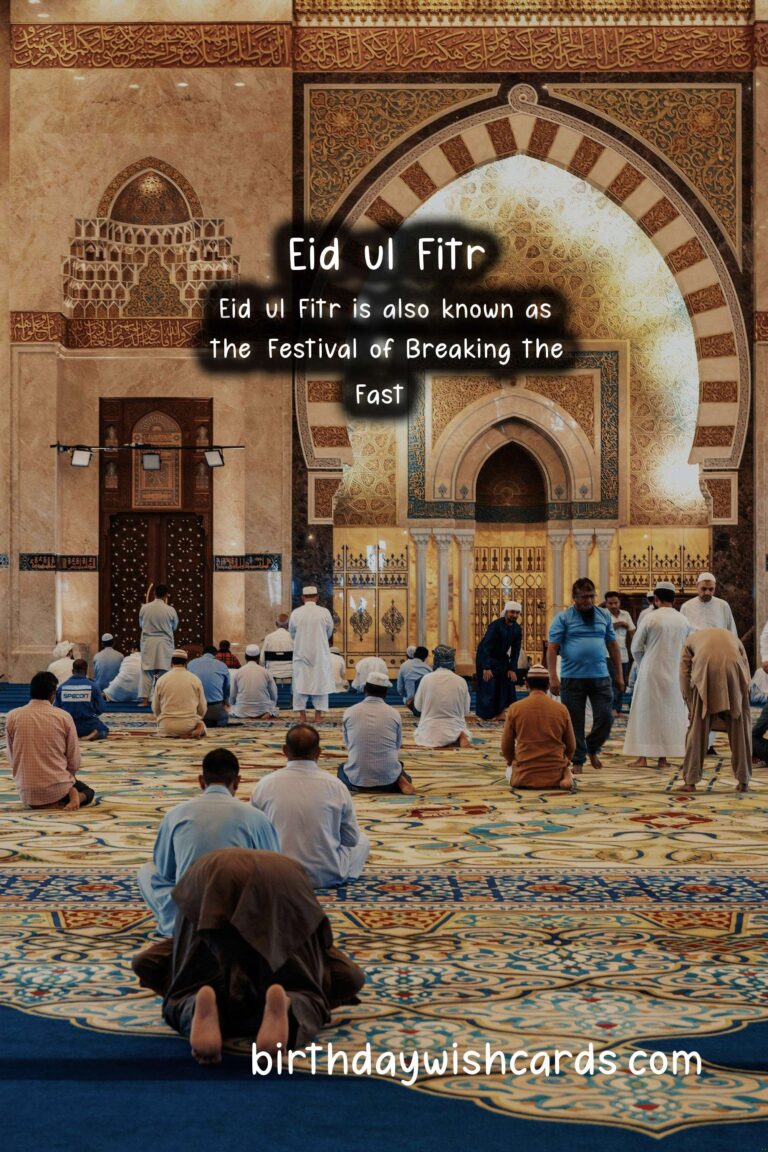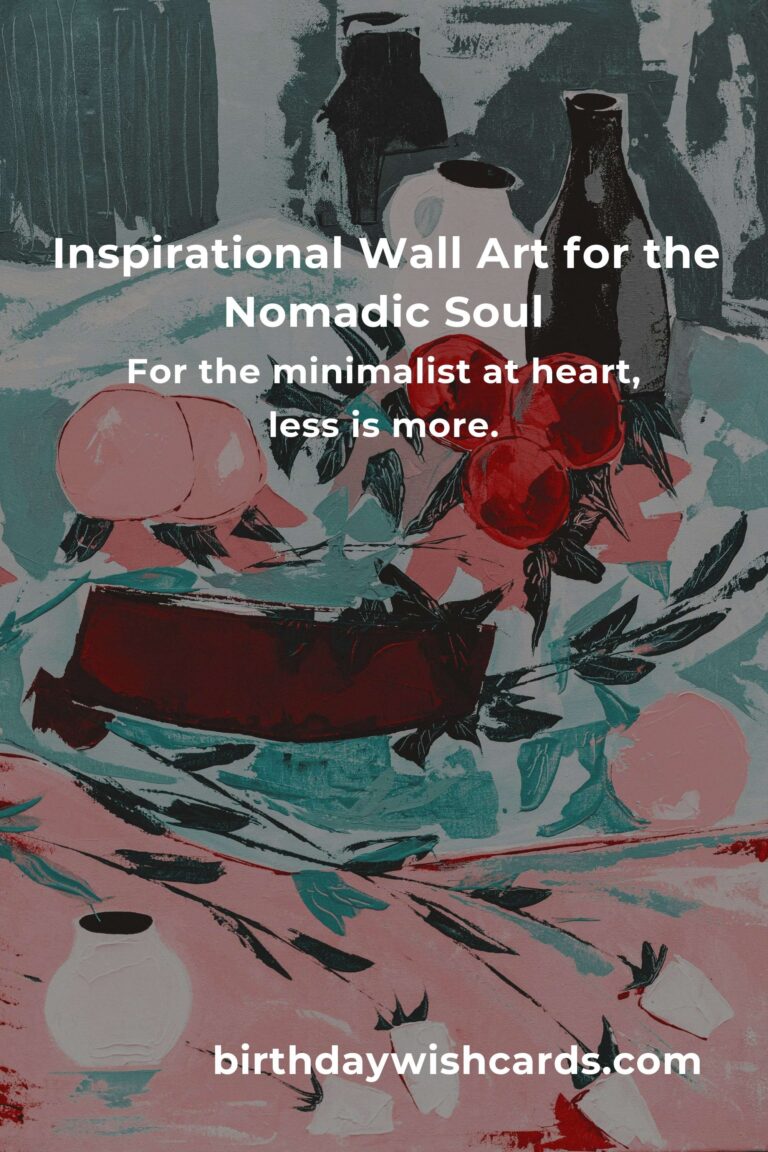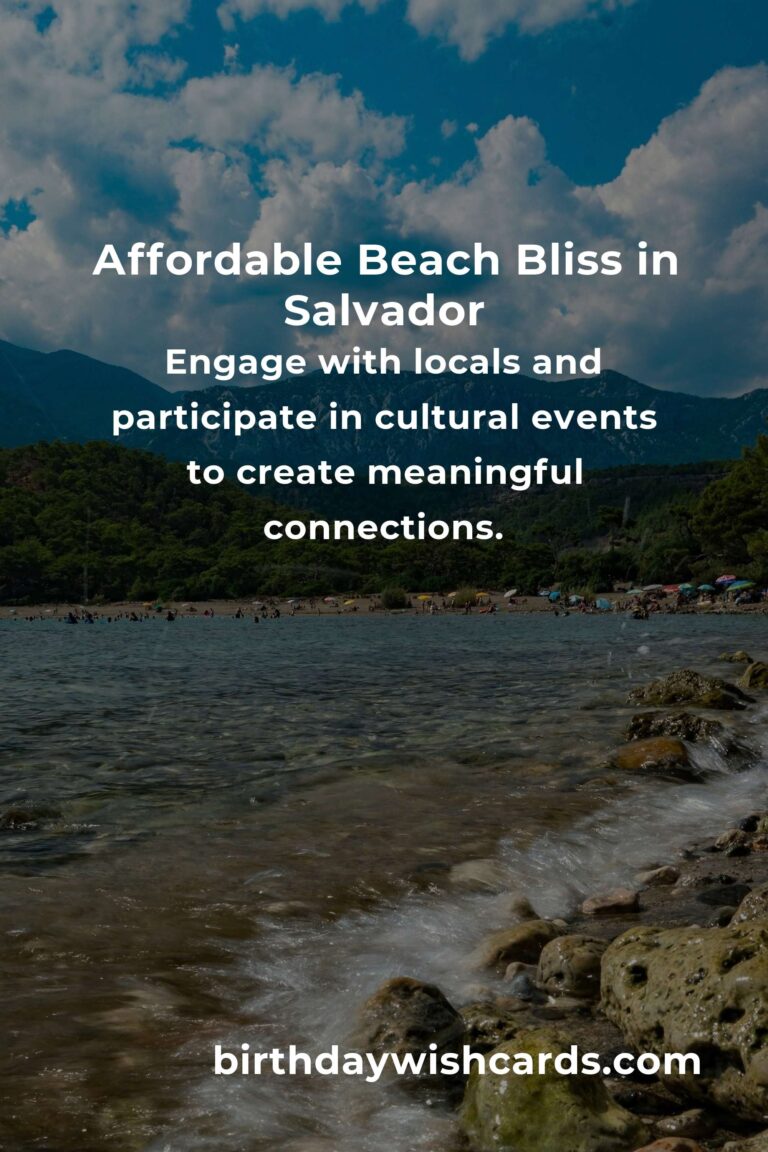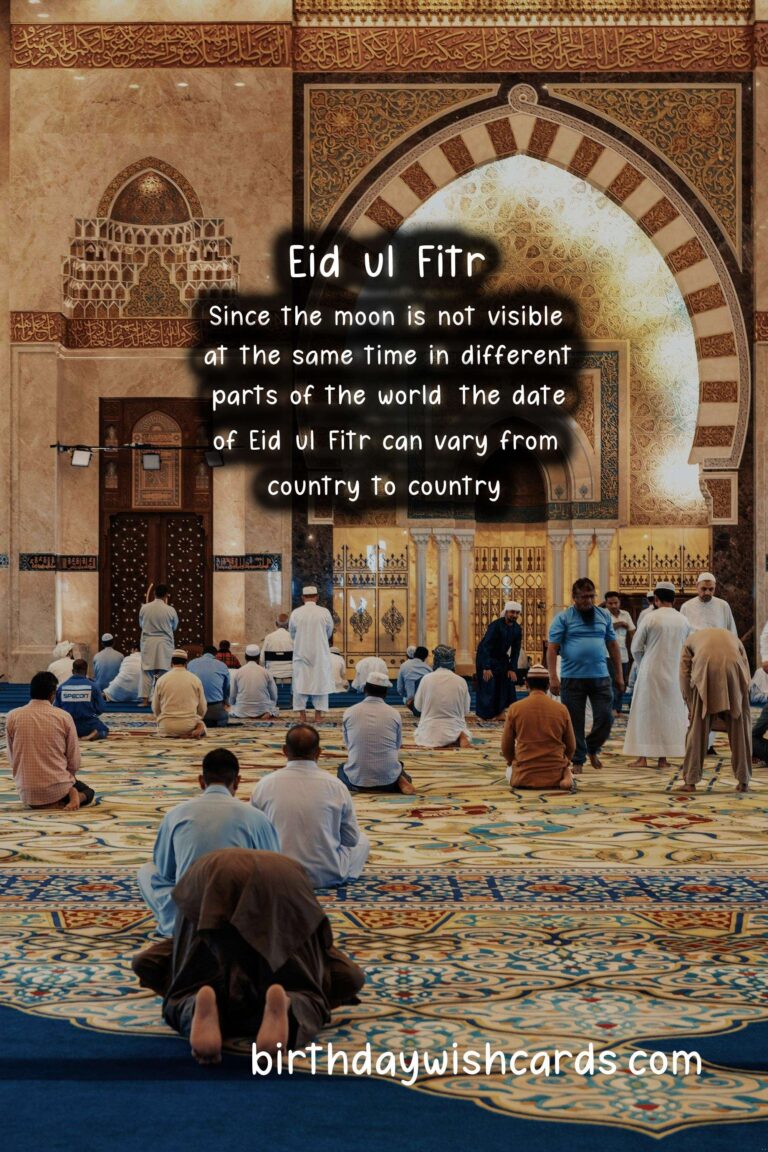 Eid-ul-Fitr is a significant Muslim holiday that marks the end of Ramadan, the holy month of fasting. It is celebrated on the first day of Shawwal, the 10th month in the Islamic calendar. The date of Eid-ul-Fitr varies each year according to the lunar calendar of Islam. It is the only day in the month of Shawwal when Muslims are not allowed to fast. This festival holds great cultural and religious importance for Muslims all over the world. Eid-ul-Fitr is also known as the ‘Festival of Breaking the Fast’. It is celebrated by Muslims all over the world, regardless of their race, nationality or social status. The date of Eid-ul-Fitr varies each year because the Islamic calendar follows the lunar cycle. This means that the exact date of the festival is determined by the sighting of the crescent moon. Since the moon is not visible at the same time in different parts of the world, the date of Eid-ul-Fitr can vary from country to country. In some countries, Eid-ul-Fitr is celebrated for one day, while in others it is celebrated for three days. The celebration of Eid-ul-Fitr begins with morning prayers, known as ‘Salat al-Eid’. These prayers are usually held in an open area, such as a mosque or a large field, to accommodate the large number of people who attend. After the prayers, Muslims greet each other with ‘Eid Mubarak’, meaning ‘blessed Eid’. This is a gesture of love and unity, and is a way of expressing gratitude and happiness for the blessings of Allah. One of the most important aspects of Eid-ul-Fitr is the act of giving ‘Zakat al-Fitr’, a mandatory charity given by Muslims. This charity is given in the form of food or money to those in need, as a way of purifying one’s wealth and helping those who are less fortunate. Eid-ul-Fitr is a time of celebration and joy, and families and friends come together to share traditional meals and exchange gifts. One of the traditional dishes prepared for Eid-ul-Fitr is ‘Sheer Khurma’, a sweet vermicelli pudding made with milk, dates and nuts. Children are especially excited for Eid-ul-Fitr, as they receive gifts and money from their elders, known as ‘Eidi’. Eid-ul-Fitr is also a time for forgiveness and making amends, as it is believed that on this day, past sins are forgiven by Allah. In addition to the religious significance, Eid-ul-Fitr also holds great cultural importance for Muslims. In many countries, such as Pakistan and India, it is a public holiday and is celebrated with grand festivities and activities. People wear new clothes, decorate their homes and streets with lights and exchange greetings and gifts with non-Muslim friends and neighbors. Social gatherings and feasts are a common sight during the three days of Eid-ul-Fitr, and people come together to celebrate the end of Ramadan and the beginning of Shawwal. In conclusion, Eid-ul-Fitr is a joyous and festive occasion that marks the end of an entire month of worship and self-reflection for Muslims. The date of this important holiday can vary each year, depending on the sighting of the crescent moon, making it a truly unique and special celebration for Muslims all over the world.
Eid-ul-Fitr is a significant Muslim holiday that marks the end of Ramadan, the holy month of fasting. It is celebrated on the first day of Shawwal, the 10th month in the Islamic calendar. The date of Eid-ul-Fitr varies each year according to the lunar calendar of Islam. It is the only day in the month of Shawwal when Muslims are not allowed to fast. This festival holds great cultural and religious importance for Muslims all over the world. Eid-ul-Fitr is also known as the ‘Festival of Breaking the Fast’. It is celebrated by Muslims all over the world, regardless of their race, nationality or social status. The date of Eid-ul-Fitr varies each year because the Islamic calendar follows the lunar cycle. This means that the exact date of the festival is determined by the sighting of the crescent moon. Since the moon is not visible at the same time in different parts of the world, the date of Eid-ul-Fitr can vary from country to country. In some countries, Eid-ul-Fitr is celebrated for one day, while in others it is celebrated for three days. The celebration of Eid-ul-Fitr begins with morning prayers, known as ‘Salat al-Eid’. These prayers are usually held in an open area, such as a mosque or a large field, to accommodate the large number of people who attend. After the prayers, Muslims greet each other with ‘Eid Mubarak’, meaning ‘blessed Eid’. This is a gesture of love and unity, and is a way of expressing gratitude and happiness for the blessings of Allah. One of the most important aspects of Eid-ul-Fitr is the act of giving ‘Zakat al-Fitr’, a mandatory charity given by Muslims. This charity is given in the form of food or money to those in need, as a way of purifying one’s wealth and helping those who are less fortunate. Eid-ul-Fitr is a time of celebration and joy, and families and friends come together to share traditional meals and exchange gifts. One of the traditional dishes prepared for Eid-ul-Fitr is ‘Sheer Khurma’, a sweet vermicelli pudding made with milk, dates and nuts. Children are especially excited for Eid-ul-Fitr, as they receive gifts and money from their elders, known as ‘Eidi’. Eid-ul-Fitr is also a time for forgiveness and making amends, as it is believed that on this day, past sins are forgiven by Allah. In addition to the religious significance, Eid-ul-Fitr also holds great cultural importance for Muslims. In many countries, such as Pakistan and India, it is a public holiday and is celebrated with grand festivities and activities. People wear new clothes, decorate their homes and streets with lights and exchange greetings and gifts with non-Muslim friends and neighbors. Social gatherings and feasts are a common sight during the three days of Eid-ul-Fitr, and people come together to celebrate the end of Ramadan and the beginning of Shawwal. In conclusion, Eid-ul-Fitr is a joyous and festive occasion that marks the end of an entire month of worship and self-reflection for Muslims. The date of this important holiday can vary each year, depending on the sighting of the crescent moon, making it a truly unique and special celebration for Muslims all over the world. 
